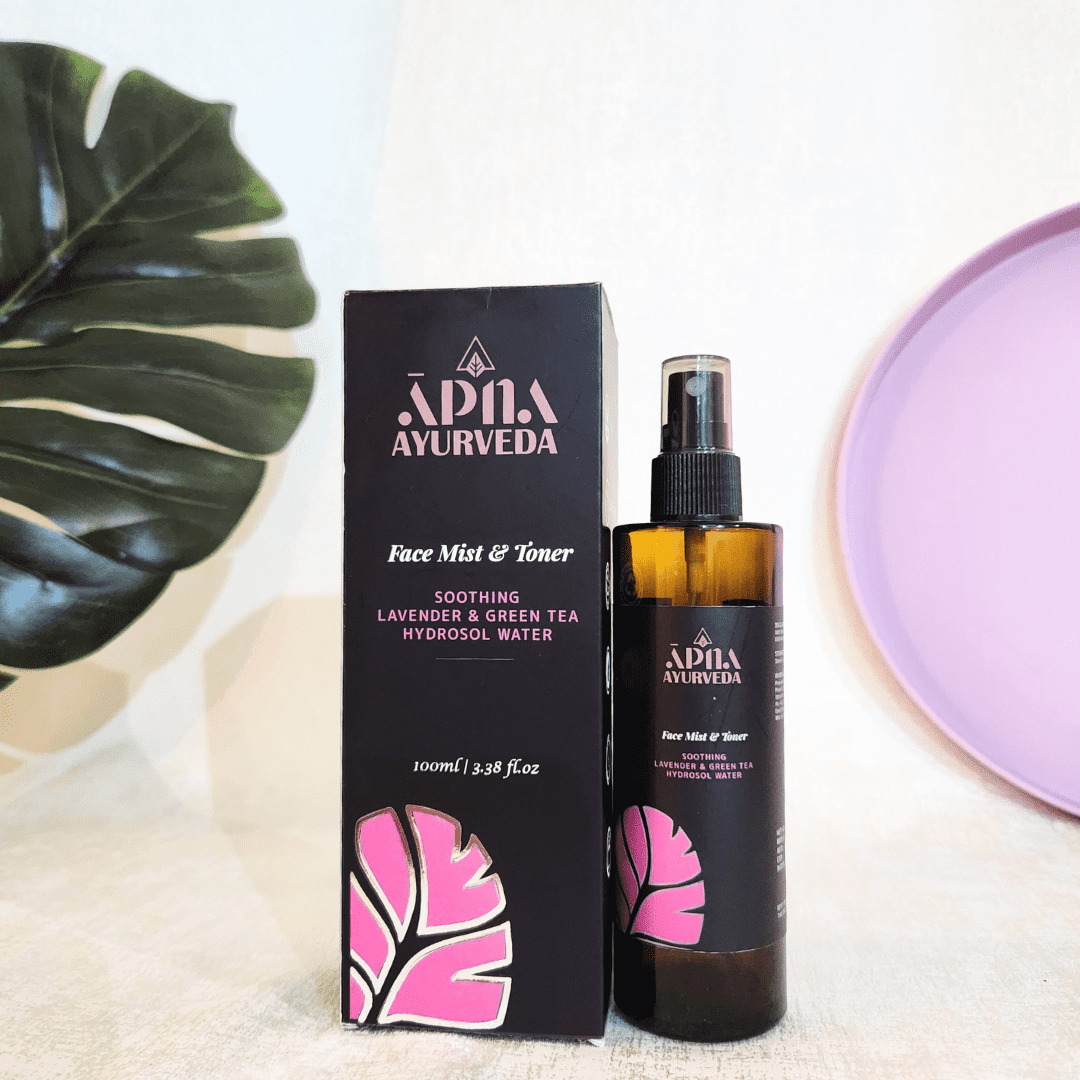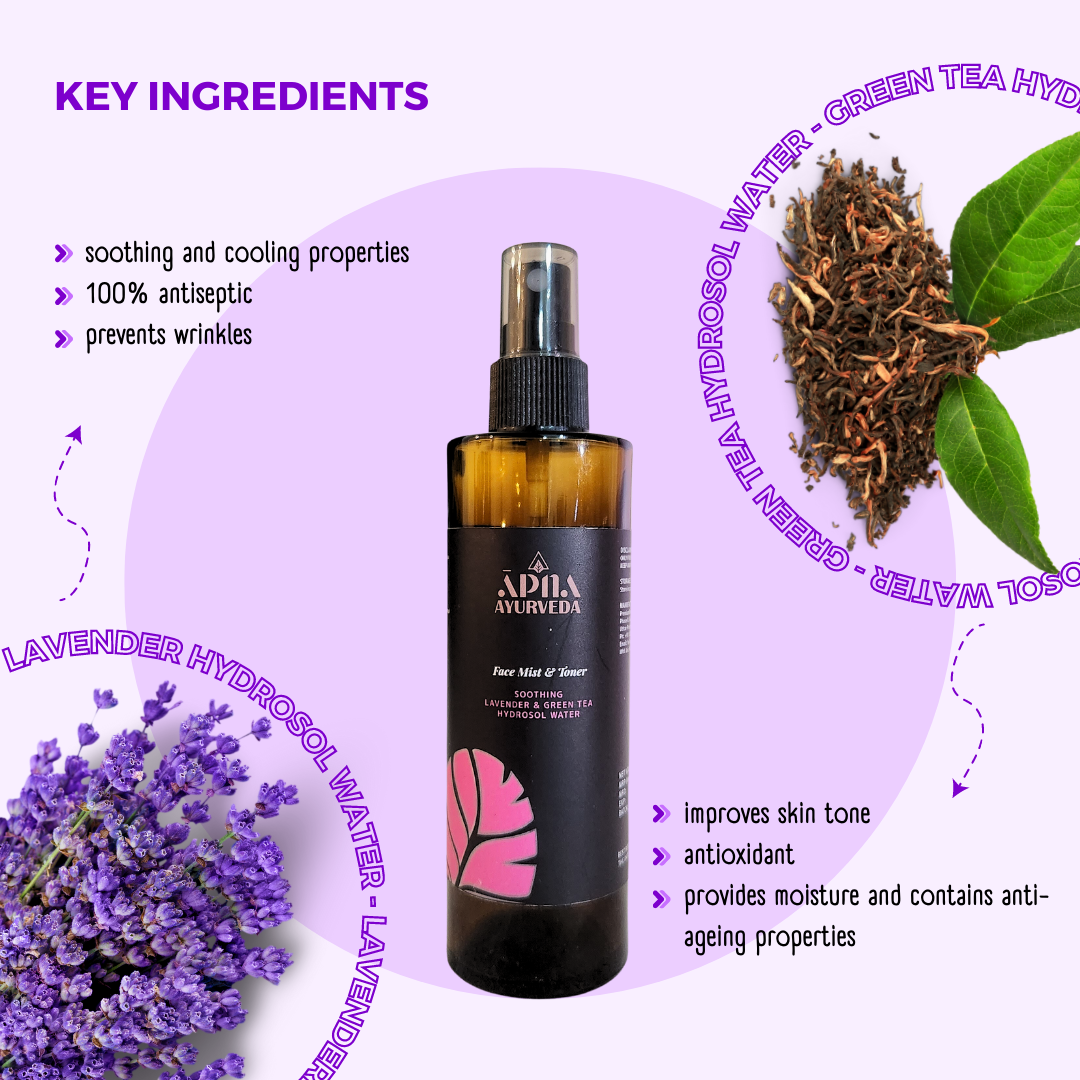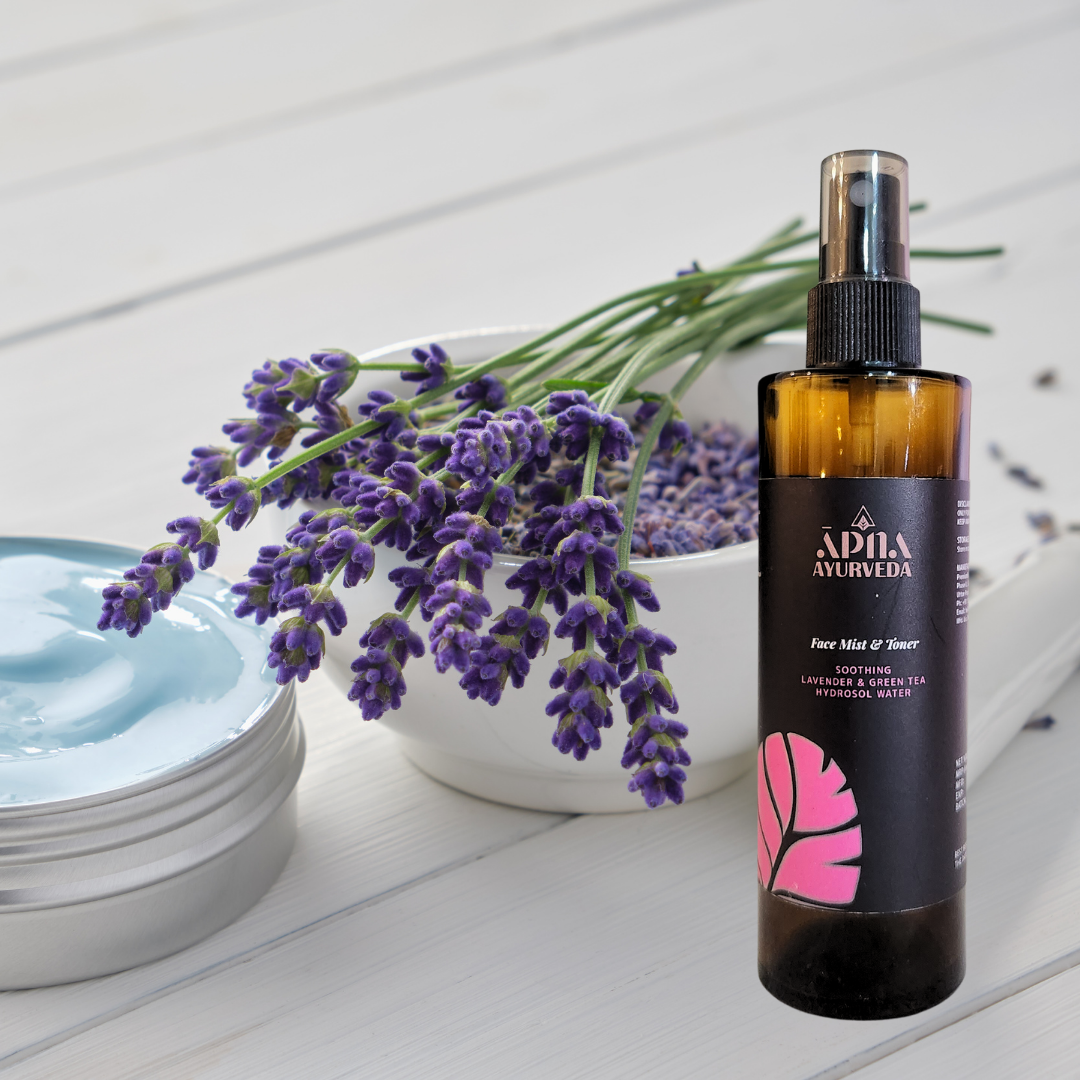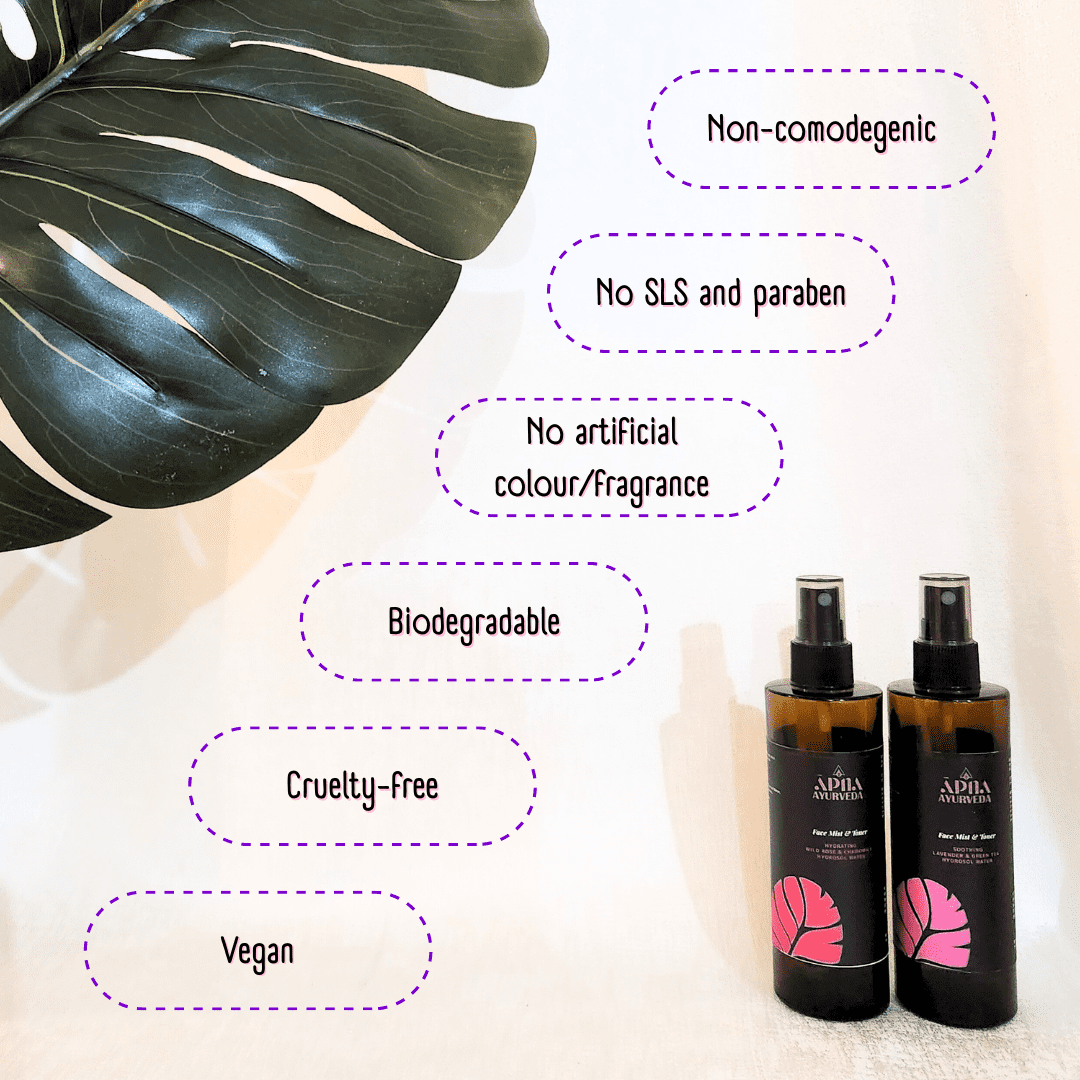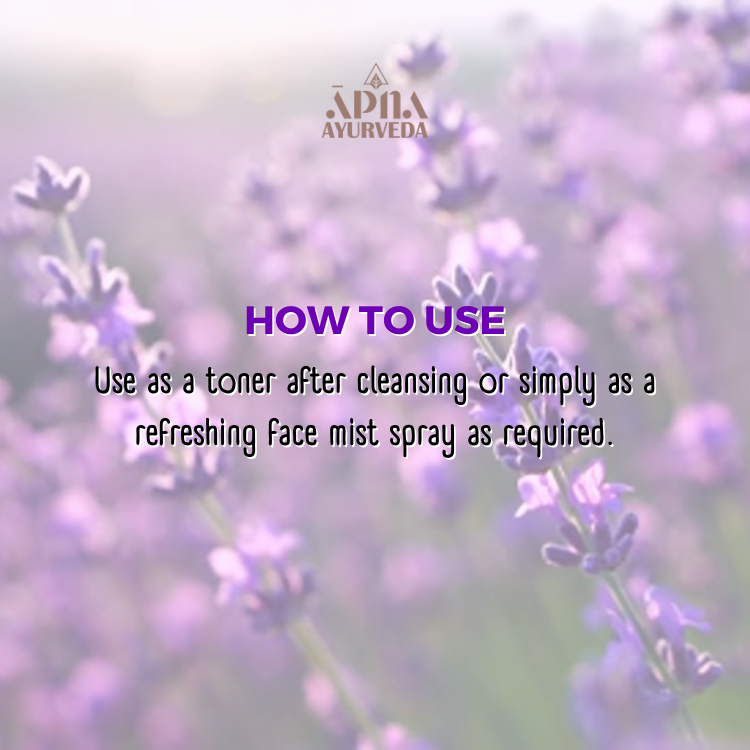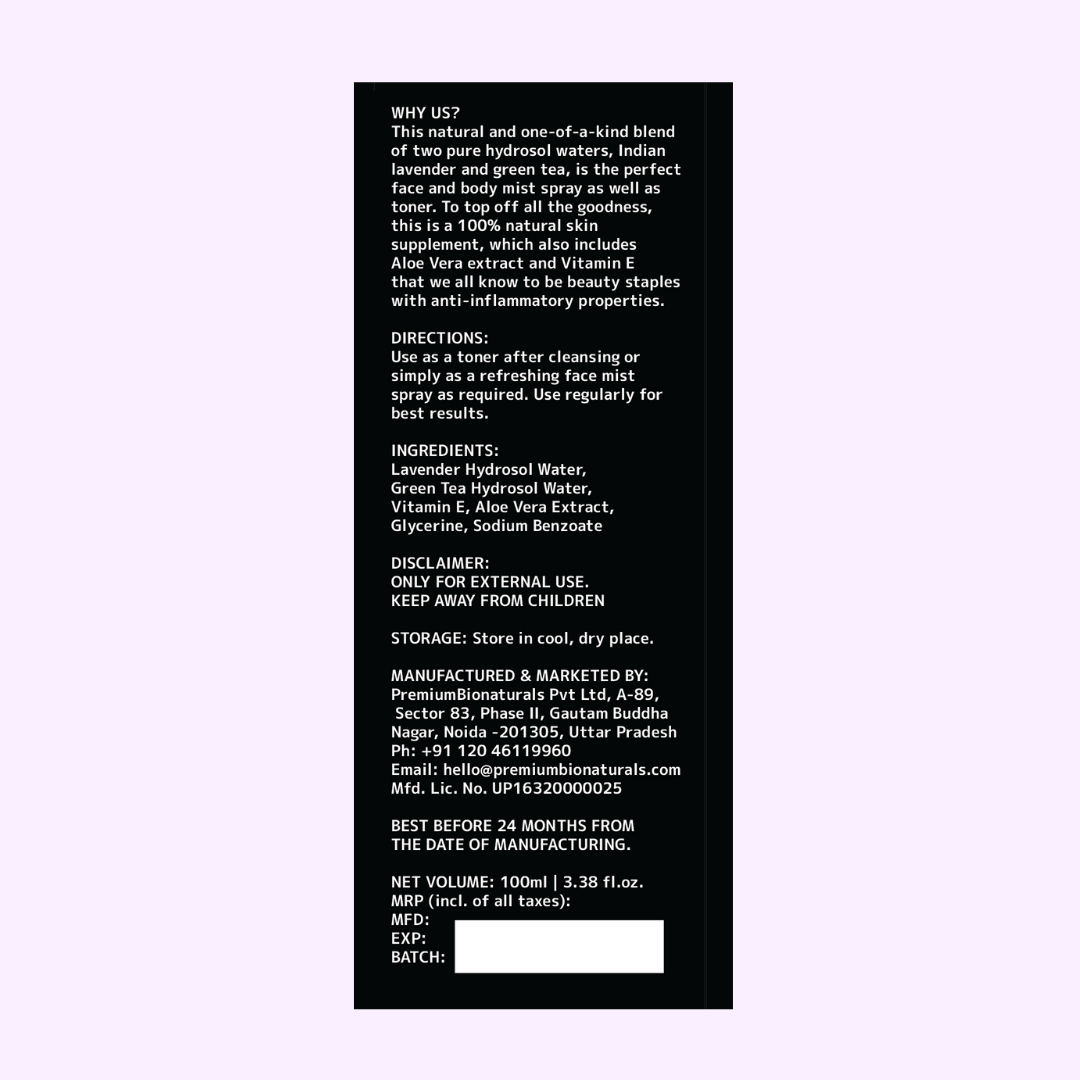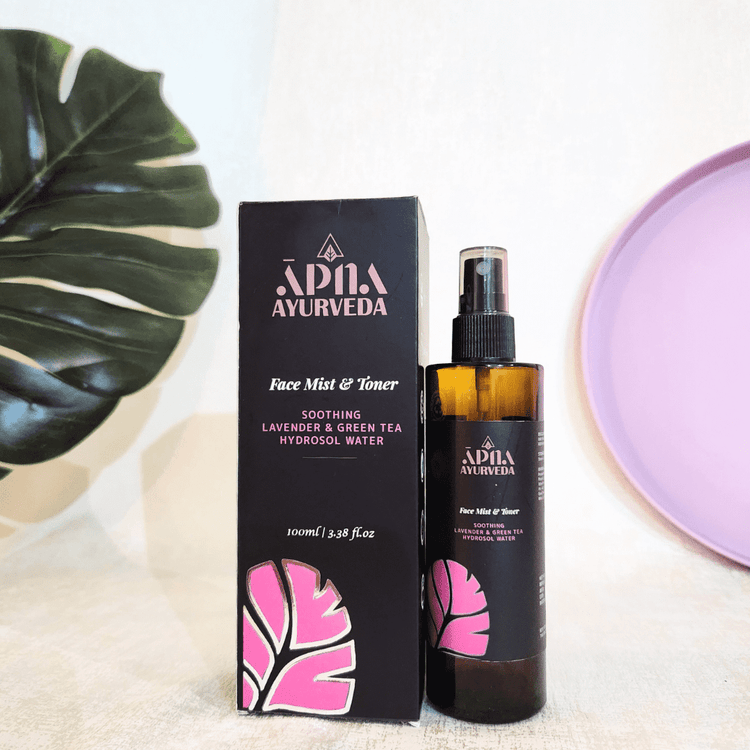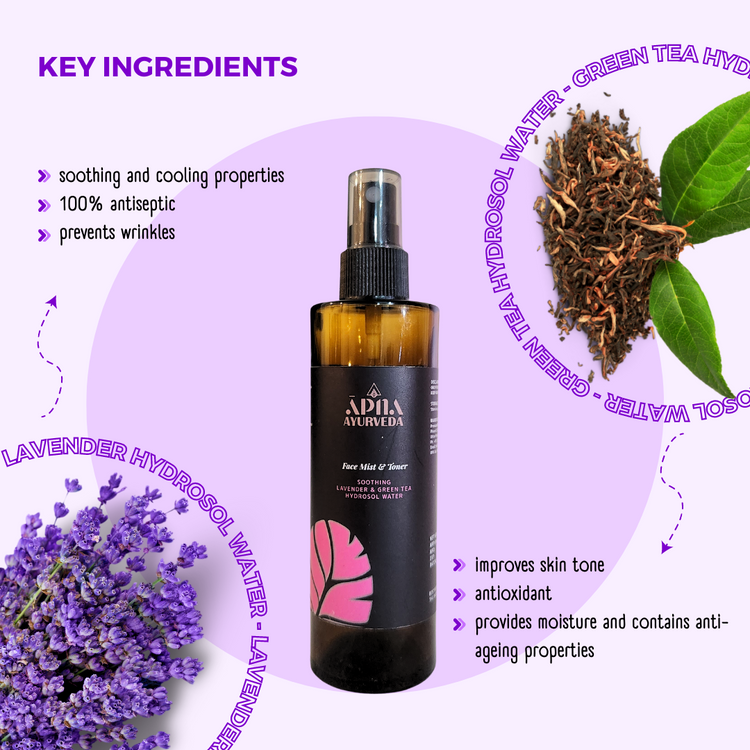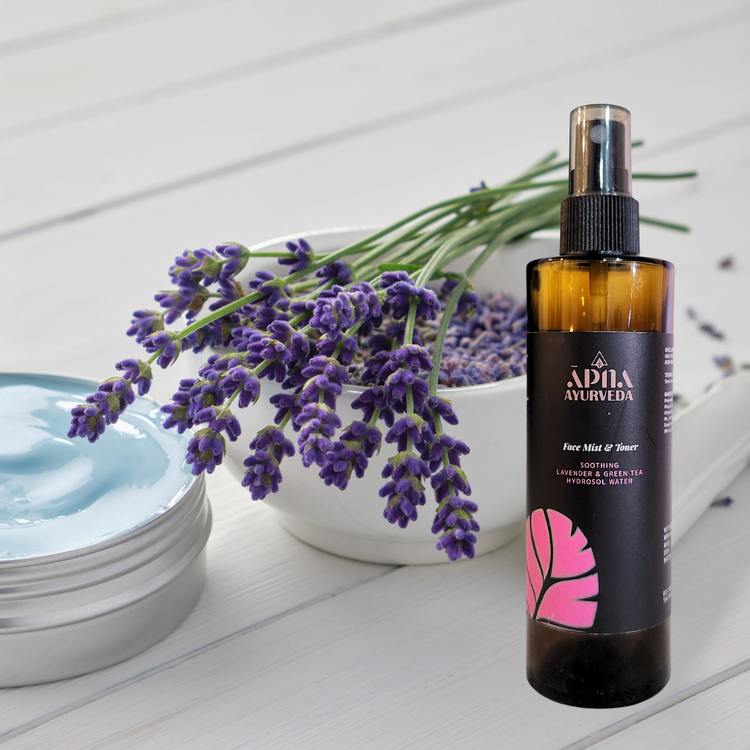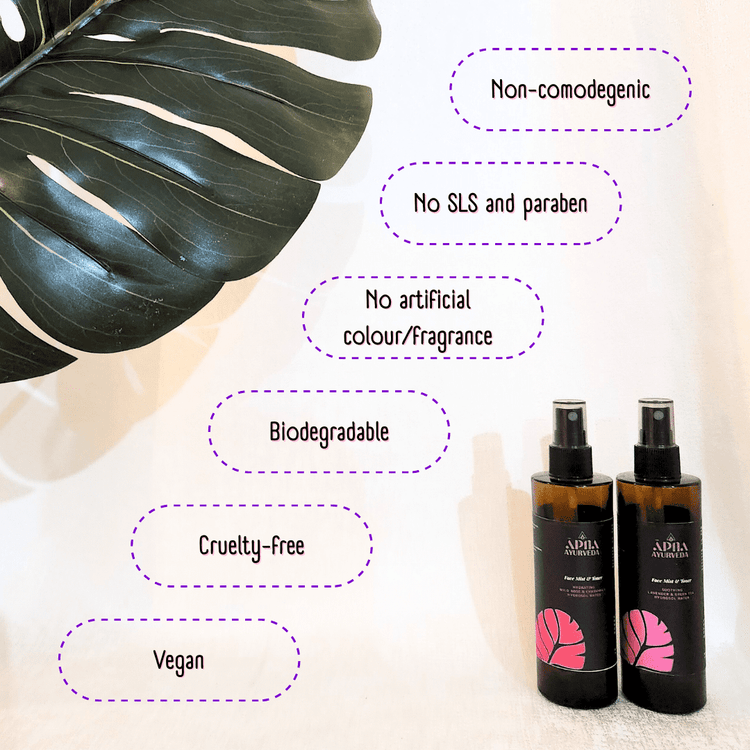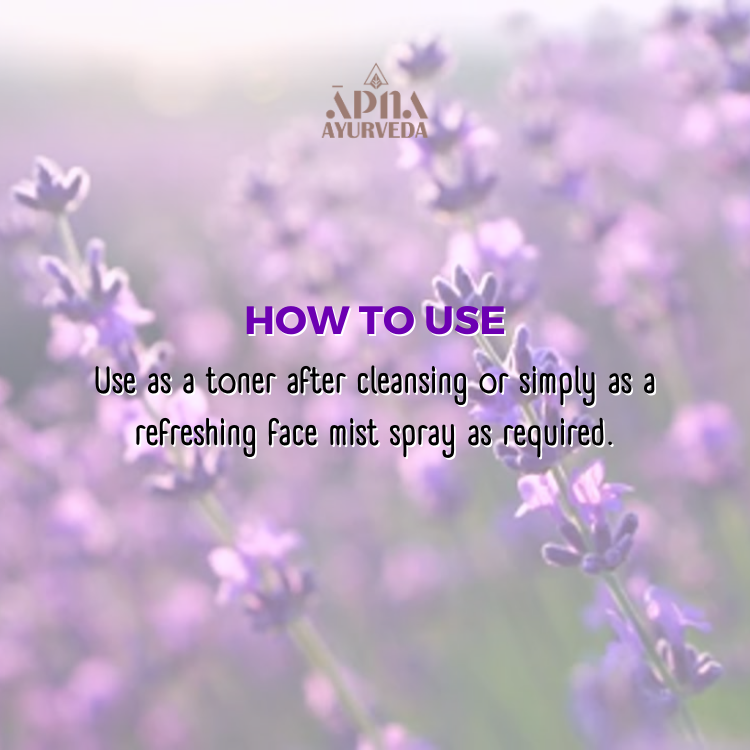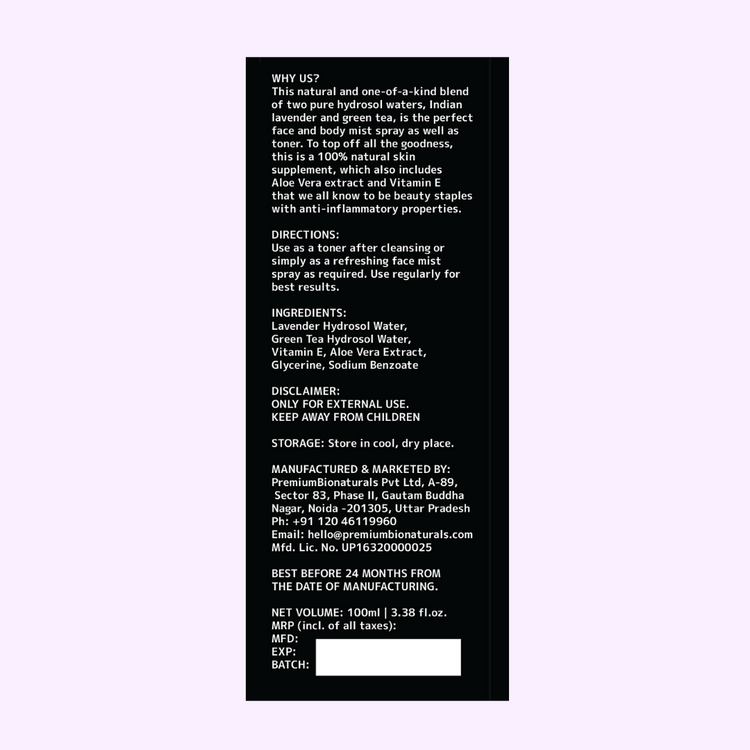Are you wondering why your skincare routine isn't giving you the desired glow? The answer might lie in the simplest ingredient - water! Hydration is the cornerstone of healthy, radiant skin. When your skin is well-hydrated, it appears plump, smooth, and glowing. But what exactly is hydration? Hydration refers to the process of supplying your body, including your skin, with ample water to keep it healthy and functioning properly. Let's understand why hydration is crucial for your skin and how you can improve it.
How Water Helps in Achieving Glowing Skin?
Water plays an essential role in maintaining your skin's health and appearance. Here’s how it helps:
- Improves Elasticity and Firmness: Well-hydrated skin is more elastic, giving it a youthful and firm appearance.
- Reduces Fine Lines and Wrinkles: Hydrated skin appears fuller, reducing the visibility of fine lines and wrinkles.
- Supports Skin Healing: Water enhances skin cell regeneration and speeds up healing, reducing acne scars and blemishes.
- Balances Oil Production: Proper hydration helps regulate oil production, reducing breakouts.
To keep your skin hydrated and glowing, we recommend using Āpna Ayurveda's water-based facial toners. For instance, the Āpna Ayurveda Soothing Lavender & Green Tea Hydrosol Water is suitable for all skin types. It gently tones and hydrates your skin, giving it a refreshed glow.
Why Drinking Water Helps Your Skin?
Drinking enough water can have noticeable effects on your skin. Here’s how it helps:
- Flushes Out Toxins: Water aids in detoxification, preventing toxin buildup that can cause acne.
- Promotes Blood Circulation: Proper hydration improves blood flow, ensuring that your skin cells receive adequate nutrients.
- Supports Digestion: Good digestion improves skin health, reducing the likelihood of inflammation and breakouts.
- Maintains Moisture Balance: Drinking water maintains your body's moisture levels, keeping your skin hydrated from the inside out.
Is Moisturising the Same as Hydration?
While moisturising and hydration are often used interchangeably, they are not the same. Here are three key differences:
1) Use Case:
Hydration:
Hydration refers to increasing the water content in the skin. Water is essential for maintaining skin health, elasticity, and a youthful appearance. Hydrating products, such as toners and serums, aim to infuse the skin with moisture directly, improving its ability to retain water. This step is crucial for all skin types because even oily skin can suffer from dehydration. Proper hydration helps alleviate tightness, dullness, and an uneven complexion. Therefore, hydrating products are particularly ideal for skin that looks dull, feels tight, or is dehydrated.
Moisturising:
Moisturising focuses on sealing in hydration to prevent water loss. It protects the skin’s moisture barrier, which keeps external irritants out and hydration in. Moisturisers create a barrier that reduces transepidermal water loss (TEWL), helping the skin stay supple and soft. This process is especially important for dry or mature skin that lacks natural oils. While hydration introduces water into the skin, moisturising locks it in, providing long-lasting nourishment and maintaining a smooth, healthy complexion.
2) Ingredients:
Hydrating Products:
Hydrating products contain humectants like hyaluronic acid and glycerin that attract and bind water to the skin. Sodium PCA, urea, and panthenol are other common humectants that draw moisture from the environment or deeper skin layers. Botanical extracts like cucumber, watermelon, and rose are also known for their hydrating properties. These ingredients boost the skin's moisture levels, leaving it plump and radiant.
Moisturisers:
Moisturisers, on the other hand, contain occlusive ingredients like oils (jojoba, argan, rosehip), butters (shea, cocoa), and silicones that lock in moisture. Emollients like squalane, ceramides, and fatty alcohols also smooth the skin’s surface. These occlusive and emollient ingredients form a protective barrier, preventing moisture from evaporating and reducing water loss through the skin. The combination of occlusives and emollients makes moisturisers excellent for maintaining hydration and enhancing the skin’s barrier function.
3) Application:
Hydrating Products:
Hydrating products are usually applied before moisturisers to provide a base layer of moisture. They often come in the form of lightweight serums or gels that penetrate quickly, leaving the skin refreshed and prepped for subsequent skincare steps. For instance, hydrating facial toners from Āpna Ayurveda can infuse the skin with moisture while balancing pH levels.
Moisturisers:
Moisturisers are the last step to seal in hydration. They are typically thicker and more occlusive than hydrating products, creating a layer that locks in moisture. Moisturisers should be applied after hydrating serums or gels to ensure maximum hydration retention. For people with dry or mature skin, using a heavier, occlusive moisturiser can help keep the skin soft and nourished throughout the day.
Many people confuse the two terms and often skip hydration, focusing solely on moisturisation. To achieve optimal skin health, you should include both in your skincare routine.
Effects of Dehydration on the Skin
Dehydrated skin can lead to several visible issues:
- Dullness: Lack of hydration causes the skin to look lifeless and ashy.
- Flakiness: Dry patches and flaky skin become more pronounced.
- Increased Sensitivity: Dehydrated skin is more prone to irritation.
- Excess Oil Production: The skin overcompensates by producing more oil, leading to breakouts.
- Premature Aging: Fine lines and wrinkles become more apparent.
Busting Common Myths About Water and Skin Health
Myth 1: Drinking Water Alone Will Cure Dry Skin
While staying hydrated is important, topical hydration is also necessary to maintain your skin’s moisture barrier.
Myth 2: Oily Skin Doesn't Need Hydration
Even oily skin requires hydration to maintain balance and prevent excessive oil production.
Myth 3: Moisturisers and Hydrating Serums Do the Same Thing
Hydrating serums replenish water content, while moisturisers prevent water loss.
Hydration Tips for Dry Skin
- Use Gentle Cleanser: Avoid harsh cleansers that strip your skin's natural oils.
- Moisturise Regularly: Use a rich moisturiser to lock in hydration.
- Layer Hydrating Products: Apply hydrating serums before your moisturiser.
- Use Humidifiers: Keep your environment humid to prevent skin dryness.
Hydration for Oily Skin
- Choose Lightweight Products: Use gel-based or water-based moisturisers.
- Use Hydrating Toners: Incorporate toners like the Āpna Ayurveda Soothing facial mists and toners.
- Avoid Over-Cleansing: Limit cleansing to twice a day to prevent stripping oils.
- Balance with Moisture: Apply a lightweight moisturiser to balance oil production.
DIY Hydrating Remedies
Honey Avocado Face Mask:- Mash half an avocado and mix with 1 tbsp of honey.
- Apply to your face for 15 minutes before rinsing.
Cucumber Aloe Vera Cooling Gel:- Blend cucumber and mix with Āpna Ayurveda Pure Aloe Vera Gel.
- Apply as a soothing and hydrating mask.
Water is undeniably key to glowing, healthy skin. From drinking more water to using hydrating toners like the Āpna Ayurveda Hydrating Wild Rose & Chamomile Hydrosol Water, ensuring your skin stays hydrated requires a balanced approach. Incorporate both internal and external hydration strategies into your routine to achieve that radiant glow you've always wanted.
Explore Premium Bionaturals' range of hydrating toners today, and give your skin the gift of lasting hydration!


